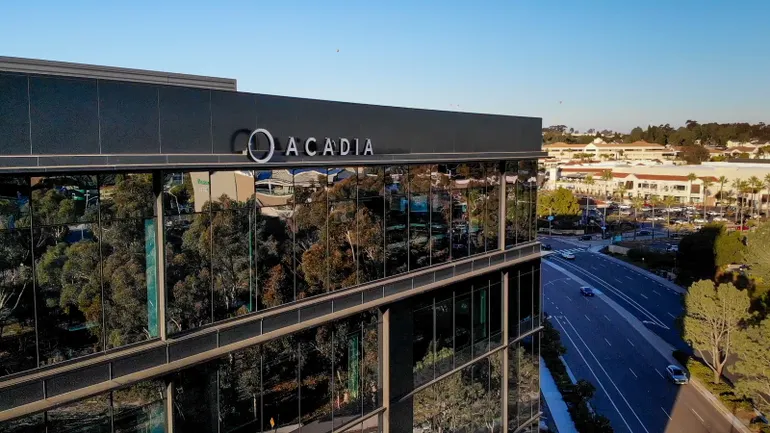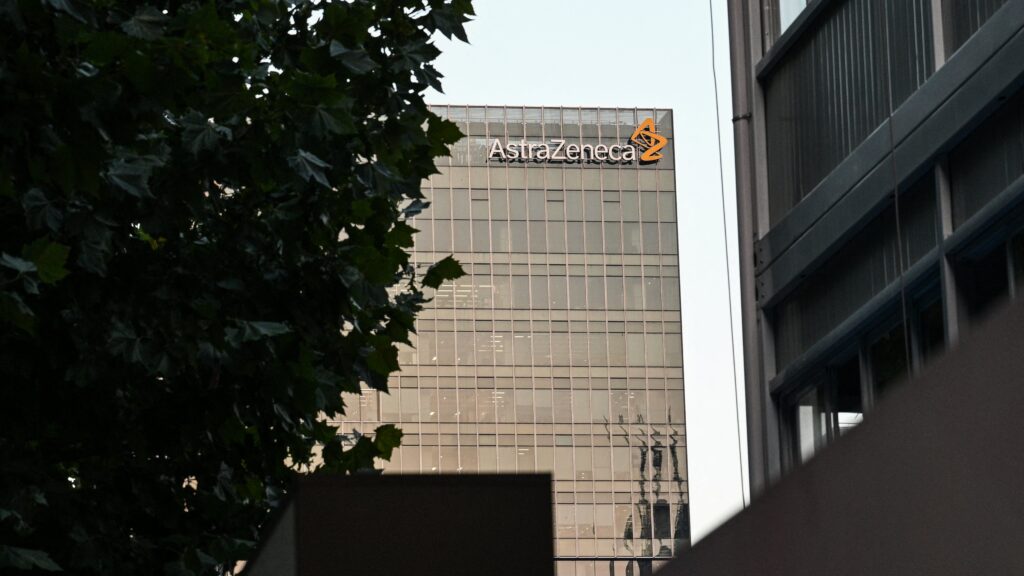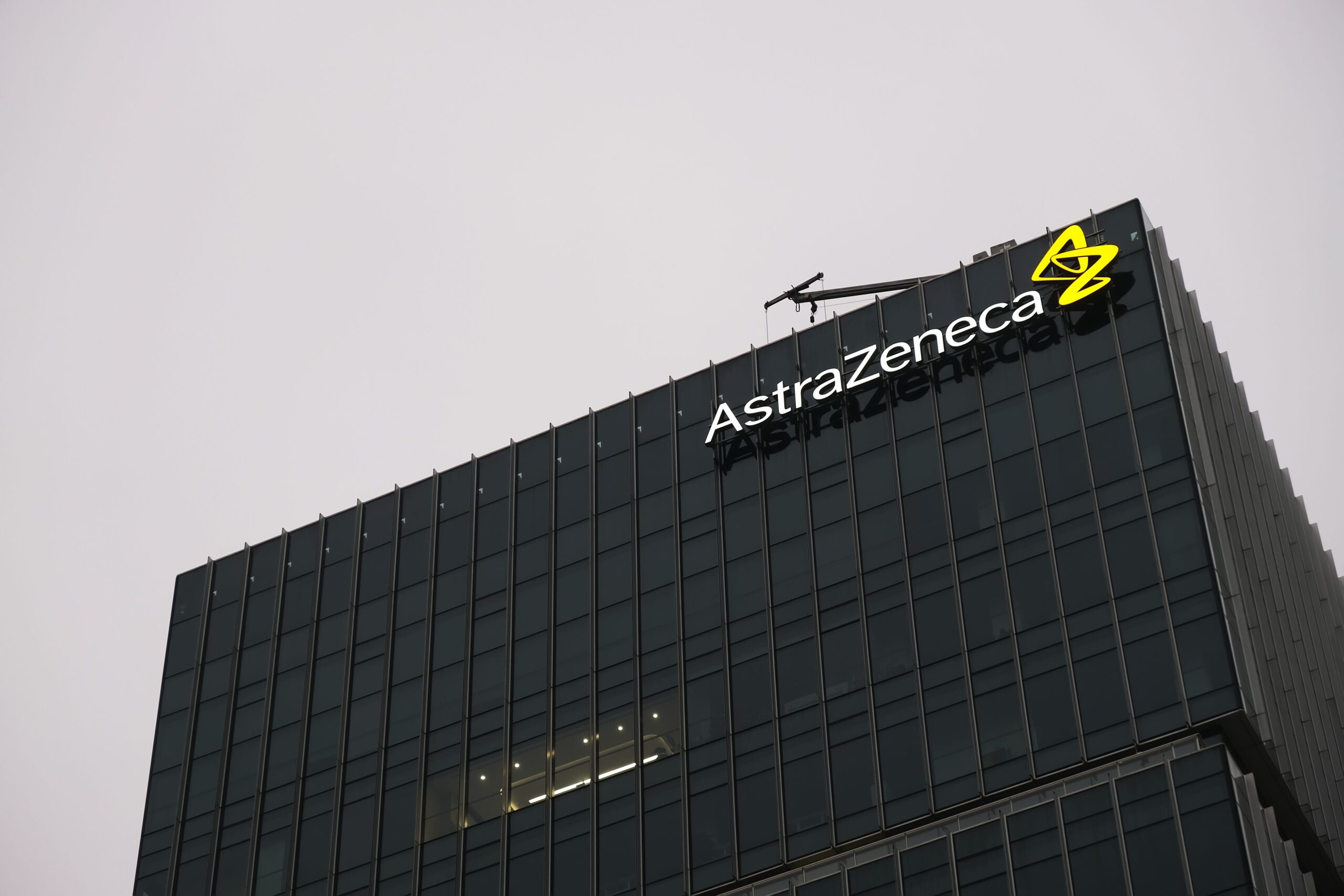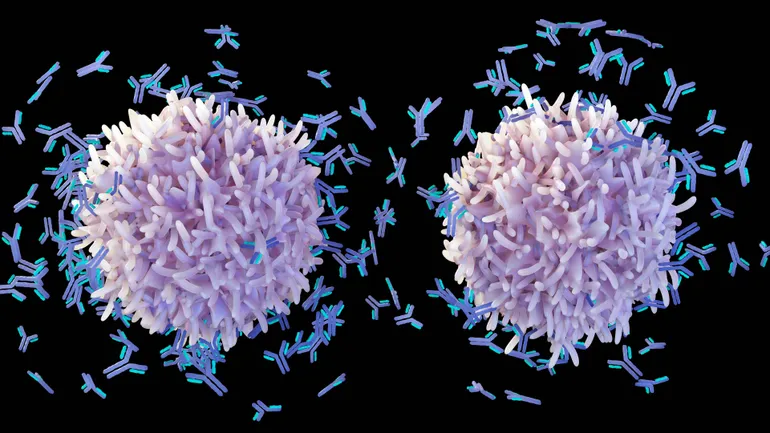Dive Brief:
- Acadia Pharmaceuticals is giving up on a drug to treat the insatiable hunger associated with Prader-Willi syndrome after a Phase 3 trial failed to prove the experimental medicine was more effective than a placebo.
- The 12-week study tested the effects of ACP-101 in 175 patients with the rare genetic syndrome. The main goal was improvement on a questionnaire measuring the hunger, known as hyperphagia. But the drug didn’t show advantages over a placebo on that primary endpoint or any secondary endpoint, Acadia said Wednesday.
- Shares of San Diego-based Acadia fell 11% in early trading Wednesday, while those of would-be rival Soleno Therapeutics jumped 13%. Soleno in March won Food and Drug Administration approval for Vykat XR, the first treatment cleared for hyperphagia in Prader-Willi patients.
Dive Insight:
Even in the inherently risky world of drug development, ACP-101 had long been considered a gamble for Acadia. The company acquired the medicine in 2022 with the purchase of Levo Therapeutics, which had tried and failed to win approval of it for Prader-Willi earlier that year. Levo had licensed rights to the medication from Ferring Pharmaceuticals in 2016.
In 2023, Acadia announced it would start a Phase 3 trial to see if it could overcome the FDA’s doubts about the drug, an intranasal form of an approved medicine known as carbetocin used to treat excessive bleeding after childbirth. At the time, analysts expressed doubts about the possibility of success. Stifel analyst Paul Matteis called it a “low-cost, albeit high-risk” addition to Acadia’s pipeline.
On Wednesday, Matteis wrote in a note to investors that the drug failure removes an “upside driver” for the stock, which had risen recently on the back of optimistic sales predictions from Acadia executives. By the same token, the news eliminates a “meaningful overhang” on Soleno shares, fellow Stifel analyst James Condulis wrote to clients.
Soleno’s launch of Vykat has exceeded Wall Street expectations, demonstrating the need for a treatment for hyperphagia associated with Prader-Willi. Still, the company has seen its shares take a hit since August, when short-selling activist firm Scorpion Capital published a report alleging serious safety concerns with Vykat.
For Acadia, the focus is now on other potentially promising drugs in the pipeline, analysts said. “We had low expectations going into the readout” on ACP-101, Leerink Partners analyst Marc Goodman wrote in a note to clients Wednesday. “We are more optimistic about the next key late-stage data from the pipeline,” including an experimental treatment for Alzheimer’s disease psychosis, he said.










